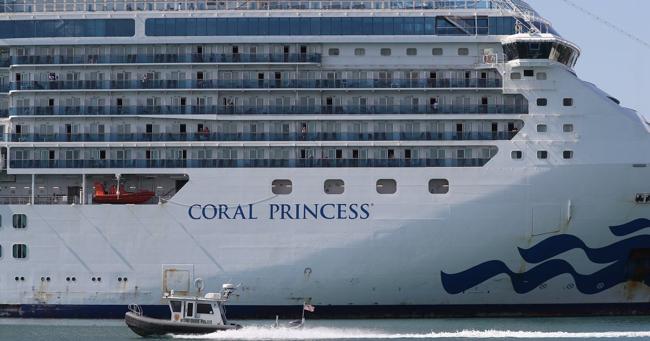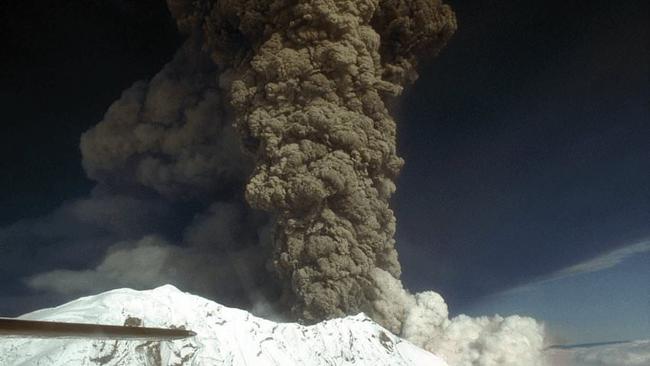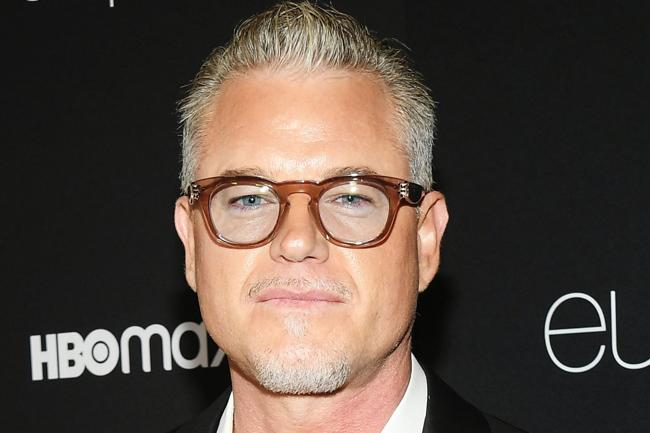Summary
Only a dozen Public Health Service officers have reportedly been left to handle current and future ship inspections, which totaled nearly 200 last year.
Source: HuffPost on MSN.com

AI News Q&A (Free Content)
Q1: What are the roles and responsibilities of Public Health Service officers on cruise ships?
A1: Public Health Service officers, often referred to as environmental health officers, are responsible for enforcing public health legislation and maintaining safety standards on cruise ships. Their duties include ensuring compliance with health and safety regulations, controlling health hazards, and managing disease prevention and control among passengers and crew members. These officers are crucial in minimizing the risks of infectious disease outbreaks on cruise ships by implementing effective health measures and educating the community about potential health risks.
Q2: How has the cruise industry been affected by health inspections and regulations?
A2: The cruise industry, a significant part of the tourism sector, has been impacted by stringent health inspections and regulations to prevent disease outbreaks. With hundreds of cruise ships operating globally, carrying millions of passengers annually, maintaining high health standards is essential. The industry has seen extensive growth, but the COVID-19 pandemic highlighted vulnerabilities, leading to increased focus on health regulations and the role of Public Health Service officers in safeguarding passenger health.
Q3: What recent scholarly findings have been made regarding infectious disease prevention on passenger ships?
A3: Recent studies, such as the scoping review conducted under the European HEALTHY SAILING project, have provided comprehensive insights into infectious disease prevention, mitigation, and management on passenger ships. The review highlighted that most research focused on respiratory illnesses, with fewer studies on other diseases like gastroenteritis and Legionnaire's disease. The findings underscore the need for updated, context-specific guidelines to address emerging infections and enhance public health measures on cruise ships.
Q4: What challenges do Public Health Service officers face in conducting health inspections on cruise ships?
A4: Public Health Service officers face challenges such as the vast number of passengers and crew, the diverse range of potential health hazards, and the complexity of ensuring compliance with international health regulations. The recent reduction in the number of full-time inspectors poses additional challenges in maintaining consistent and thorough inspections, potentially affecting the overall health and safety standards on cruise ships.
Q5: How do cruise ship health inspections contribute to public health safety?
A5: Health inspections on cruise ships are vital in safeguarding public health by identifying and mitigating risks of infectious diseases. Inspectors ensure that ships comply with health standards, monitor sanitation practices, and address any violations. These efforts help prevent disease outbreaks, protect passengers and crew, and maintain confidence in the cruise industry as a safe travel option.
Q6: What impact might the layoff of cruise ship health inspectors have on future health inspections and disease prevention efforts?
A6: The layoff of cruise ship health inspectors may lead to fewer inspections, potentially compromising the ability to detect and address health hazards promptly. This reduction could result in increased risks of disease outbreaks, affecting passenger safety and public confidence in cruising. Ensuring adequate staffing levels and resources for health inspections is crucial for maintaining high standards of health and safety on cruise ships.
Q7: What measures can be taken to improve health inspections and safety on cruise ships?
A7: To enhance health inspections and safety on cruise ships, it is important to increase the number of trained Public Health Service officers, implement robust health surveillance systems, and update guidelines based on emerging health threats. Collaboration with international health organizations and the cruise industry can ensure comprehensive and effective public health measures, ultimately improving passenger safety and preventing disease outbreaks.
References:
- Environmental health officer - https://en.wikipedia.org/wiki/Environmental_health_officer
- Cruise ship - https://en.wikipedia.org/wiki/Cruise_ship
- Scoping review of infectious disease prevention, mitigation and management in passenger ships and at ports: mapping the literature to develop comprehensive and effective public health measures - 2025-01-09.





